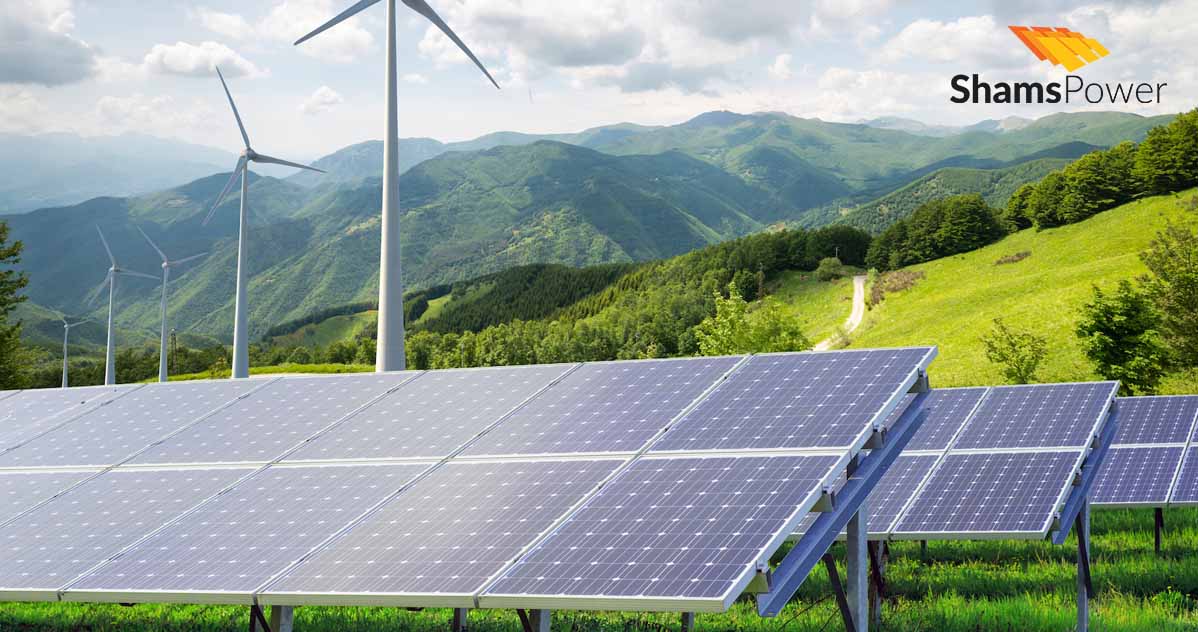Shams Power: The Future of Solar Energy In Pakistan For Industrial Sector
Despite the challenges, Pakistan needs to invest in solar energy. This will help reduce the country’s energy dependence on fossil fuels and improve energy security.
Many businesses are now using solar power to generate electricity. This can be especially helpful in areas that are not connected to the national grid.
Improved Energy Access
Energy is a vital component of modern economies, as all activities require a continuous supply of energy to function. Unfortunately, Pakistan faces serious energy shortages that affect industrial productivity and stall the country’s economic progress [1].
Renewable sources of energy have a great potential to power the country’s electricity sector. Decreasing global cost trends coupled with favorable solar insolation conditions in the “Sun Belt” region make solar PV a strong candidate for an important role in the future energy supply of Pakistan. When combined with efficient battery technologies, such as Power-to-X solutions, the levelised cost of electricity will decline even further – making PV an affordable solution for Pakistan.
However, to realize this potential, several barriers need to be overcome. These include a lack of awareness and acceptance, as well as the need for improved grid infrastructure and policy measures that support project development.
Enhanced Production
Modern economies require enormous amounts of energy to function. However, the high costs associated with imported fossil fuels and GHG emissions make the current system unsustainable.
A fully renewable electricity-based energy system can reduce these costs. Modelling results show that the levelised cost of energy decreases throughout the transition period, due to the very low costs for solar PV power and storage systems.
Pakistan is a solar-rich country that has great potential for wind and solar photovoltaic (PV) energy. To realize this potential, it is crucial to develop and implement policies that support the expansion of renewable energy in the country. This includes setting targets for increasing the share of RE and electric vehicles, reducing unit prices for electricity used by charging stations and providing incentives to private companies that invest in charging infrastructure. By making renewables more affordable, these policies will help Pakistan to reduce its dependence on fossil fuels and achieve its economic potential.
Increased Export Potential
By expanding renewable energy capacity, Pakistan can reduce electricity costs and achieve greater security of supply. Furthermore, limiting unnecessary thermal and nuclear power generation can save valuable foreign exchange reserves. In addition, decreasing dependence on expensive fossil fuel imports will lower economic pressure on the country.
The IEEFA model shows that renewable energy can make up 28% of increasing electricity demand in 2030. This scenario reduces electricity generation costs, improves energy security, and diversifies the supply of raw materials for industrial production.
The research also reveals that the levelised cost of energy (LCOE) decreased from about 70 EUR/MWh in 2015 to 51 EUR/MWh in 2050 due to low-cost solar PV electricity, low-cost batteries, and efficient power-to-x technologies. The transport sector will move away from petroleum and natural gas to a mix of direct electricity, synthetic liquid hydrocarbon fuels, and hydrogen generated by using low-cost renewable electricity. This will lead to significant reductions in GHG emissions, especially in road transportation where there is a high potential for direct electrification.
Increased Employment
Energy is a fundamental component of the modern economy. It is essential to support the production of goods and services that are critical for the development of a nation. Currently, the industrial sector of Pakistan is highly dependent on fossil fuels and hydropower. While these sources are cheap, they do not provide sufficient energy for the growing industrial needs of the country.
As a result, many industries are struggling to stay competitive, leading to stagnation and even closure of some factories. To address these issues, the country must shift its industrial policy to focus on a strong domestic market and export potential.
The study has shown that a fully renewable energy system is not only technically feasible but also economically beneficial for Pakistan. A transition to a 100% renewable energy system will allow the power sector to decommission uneconomic thermal plants and invest in a higher penetration of wind and solar PV. The levelised cost of energy decreases with the increasing penetration of PV and batteries.


.jpg)

Comments
Post a Comment